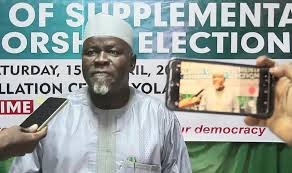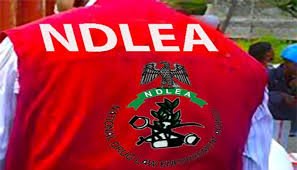With an unprecedented Nigeria’s inflation rate of 29.90%, according to the January report by the National Bureau of Statistics, the impact of the economic crisis on vulnerable citizens has been profound, in a country where many people are already living below the poverty line.
In 2022, an estimated population of 88.4 million people in Nigeria lived in extreme poverty. The number of men living on less than 1.90 U.S dollars a day in the country reached 44.7 million, while the count was at 43.7 million for women, according to Statista.
The Statista report also disclosed that overall, 12.9 percent of the global population in extreme poverty were found in Nigeria as of 2022. Recently, widespread protests have erupted in Niger, Kano, and Osun states over the rising cost of living.
To ameliorate the hardship, President Bola Tinubu recently announced the release of 42, 000 metric tonnes from Nigeria’s Strategic Reserves, directing the Department of State Services (DSS) and the National
Emergency Management Agency (NEMA), to oversee the distribution process to the vulnerable citizens.
Moreover, the allocation of N100 Billion to the National Agricultural Development Fund (NADF) early this year, underscores the government’s commitment to revitalising the agricultural sector.
The federal government has also demonstrated a proactive approach to boost food production by the launch of dry season farming initiatives for rice, cassava, and maize, covering 200,000 hectares, targeting 400,000.
In addition, the commencement of dry season wheat farming in November 2023, covering 120,000 hectares and targeting 240,000 farmers, shows a multifaceted strategy to enhance food security.
Meanwhile, during the maiden ministerial press briefing by the minister of information and national orientation, Mohammed Idris disclosed that the bulk of the cost of input (seeds, fertilisers, etc) for these farming programs is covered by the federal government, through a combination of the AfDB-financed $134m National Agricultural Growth Scheme (NAGS) Agro-Pocket Programme, and a Special Intervention Fund approved by President Tinubu.
The minister also revealed that in the medium to long-term, the Federal Government through the Federal Ministry of Agriculture and Food Security (FMAFS) will embark on a data clean-up and verification scheme that will produce a credible, harmonised database of genuine farmers in Nigeria.
He said; “The Federal Government has signed an MOU with John Deere, to supply 2,000 tractors per year, for five years, under a special financing arrangement. The Bank of Agriculture will support Nigerian farmers with low-interest loans for the purchase of these fertilisers.
“The Federal Government is taking steps to operationalize the Green Imperative Program, a $1 Billion bilateral partnership with the Brazilian Government, to be financed by Deutsche Bank, that will deliver privately-managed Service Centers in Nigeria’s 774 Local Government Areas. Each of these Centers will provide farmers access to machines / equipment (tractors, processing and storage equipment, etc), farm inputs (seeds, fertiliser, pesticides), and training / technical assistance.”
Apart from these efforts, the federal government has urged state governments, as the primary custodians of land across the country, to do more to support and finance land-clearing and preparation for farmers,
























